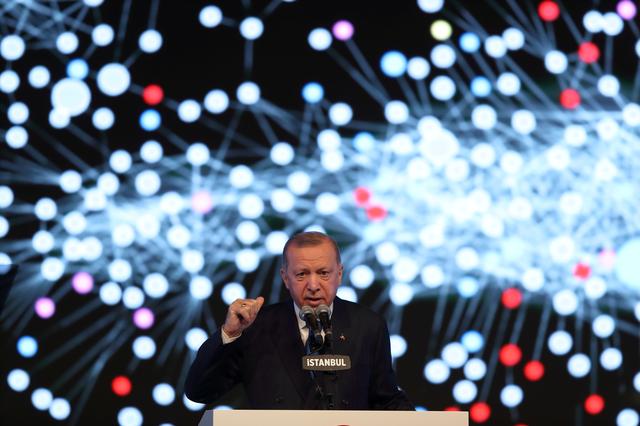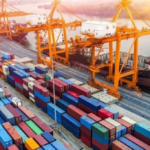By Zeynep Gurcanli
The fact that U.S. President Joe Biden, who called numerous world leaders, still hasn’t made personal contact with President Recep Tayyip Erdogan says a lot to Ankara.
Apparently, geopolitical location, a large and powerful army and NATO membership have not created the expected effect.The human rights issue seems will be one of key elements of bilateral relations between Turkey and the U.S. during Biden’s 4-year term.
SECOND CRITICAL LETTER FROM THE U.S.
In fact, its signs are very obvious: a similar letter written to the U.S. administration, signed by 54 Republican and Democratic senators on February 5 along bipartisan lines, has now come from the U.S. House of Representatives. ‘Prioritization of human rights’ in its relations with Turkey is a must, the letter -signed by 183 members of the U.S. House of Representatives from both parties – tells U.S. Secretary of State Antony Blinken. Everything has been included in the letter; human rights violations, damage to the independence of the judiciary, inadequate appointments, problems with freedom of expression…
The U.S. Congress members have particularly emphasized the situation of three employees at the U.S. Consulate in Istanbul, who were accused of having connections with the Gulenist Terrorist organization The letter explicitly criticizes the necessity of their release and dropping all charges against them. Voices speaking out about human rights in Turkey have recently started to grow not only in the U.S. but also on the European Union. The Human Rights Reform Package announced by President Recep Tayyip Erdogan has been brought onto agenda in such an environment. But will the package create the desired effect?
‘EVERYTHING INCLUDED IN THE PACKAGE IS ALREADY IN THE CONSTITUTION’
The answer to this question isn’t so favorable. The first reaction of western diplomats in Ankara noted that everything included in the reform package is already included in the Constitution of Turkey’.
In other words, the expectation is that reforms will simply try to implement already existing personal rights of citizens, not to pass new laws or regulations, such as ones that address decisions at the European Court of Human Rights (ECHR).
A western Ambassador emphasized that the situation of Selahattin Demirtas or Osman Kavala, evaluated by the ECHR as a ruling on violations, has particular importance in terms of the reform package’s ‘persuasiveness’. Another Ambassador addressed the investigation into the People’s Democratic Party (HDP) launched by the General Prosecution office of the Supreme Court of Appeal on the same day Erdogan announced the reform package, noting that the one negates the other.‘Definition of terror’ European Ambassadors in Ankara underlined President Erdogan’s reference to accelerating the visa liberalization process with the EU. The most important condition that Turkey should fulfill for visa liberalization is aligning its definition of terror with the laws in Europe, a demand which has been characterized as ‘impossible’ under the existing conditions in Ankara, according to a European Ambassador.
HSK AND INSULTING THE PRESIDENT…
The fact that the reform package does not mention the Council of Judges and Prosecutors’ (HSK) structure, in which the Minister of Justice is the President and Deputy Minister of Justice is the Deputy President in the current climate, is interpreted as a ‘handicap’ in the west. Another issue is that Article 299 of the Turkish Penal Code (TCK), i.e., the Article on ‘Insulting the President’, under which many citizens have been investigated, faced trial and sentenced, was not mentioned. The impression in the west is that this Article is used to restrict citizens’ rights to freedom of expression and criticism of goverment.
Another element underlined by western diplomats is the situation of decree laws. The new reform package also does not mention the situation of Turkish citizens who lost their jobs – though there wasn’t any ruling against them – with decree laws issued by the government after the July 15 coup attempt.
IT WILL SERVE FOR THE EU SUMMIT IN MARCH, BUT…
Turkey’s withdrawal from petroleum/ natural gas exploration activities in the eastern Mediterranean, the reform package and phone call between President Erdogan and his French counterpart Macron seem to eb giving time to the Turkish government, at least. A harsh and painful decision to be issued at the EU summit where Turkey’s situation will be discussed has been avoided, for now. However, it is obvious that Ankara is expected to accelerate implementation but not to announce a package in the medium and long term, especially considering the Biden administration’s stance.










